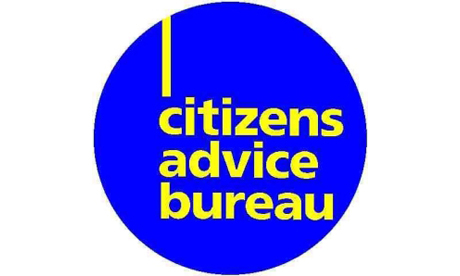Citizens’ Advice: top tips on the art of complaining

Hackney Citizens Advice Bureau offers some expert guidance on how to make sure your complaints are properly dealt with.
Noone likes to complain. But a well-targeted complaint can resolve a problem quickly and it’s free. You are often protected through statutory rights and contractual rights, when buying goods or services for example, and you can enforce these through legal action.
But both companies and public bodies usually have complaints procedures which cost nothing to use and can be a good first step in resolving a dispute.
We spend a lot of time at Hackney Citizens Advice Bureau helping people to navigate their way through complaints procedures and we’ve put together our top ten tips on the art of complaining.
1. Check deadlines. Before you start, do check deadlines for starting legal action or taking the complaint to an Ombudsman. These options may be open to you if you can’t resolve things through the complaints process, so you don’t want to miss your opportunity.
2. Check complaints procedures.
3. Escalating complaints. There are usually three stages to internal complaints procedures, each stage escalating the complaint further up the decision-making chain.
4. Keep a record of telephone calls. Call the organisation to let them know about the issue and see if you can find a named contact. Whenever you telephone, make a note of who you spoke to and the time you called.
5. Write a letter. Put it in writing and mark your letter clearly as a COMPLAINT STAGE 1 (or 2 or 3!), big and bold at the top of the letter. Keep it brief, outline the problem, what has happened so far and how you would like to resolve it.
6. Ask for information. In your first letter ask for a copy of the organisation’s internal complaints procedure.
7. Proof of posting. Send the letter with proof of posting — you can ask for this at the Post Office and it’s free. Even better, you can send the letter with a ‘signed for’ service. This will provide you with a scanned copy of the receiver’s signature, so they can’t argue that they never received it!
8. Keep a copy of your letter.
9. Response time. Have they promised to respond to complaint letters within a certain amount of time?
10. Escalate the complaint and send the next stage complaint letter as soon as that time has run out. Mark it clearly as COMPLAINT – STAGE 2.
You can get help and advice on making a complaint, and the options available for dealing with your legal or financial problems at adviceguide.org.uk or by talking to an experienced adviser at:
Hackney Citizens Advice Bureau
300 Mare Street
E8 1HE
020 8525 6350
Catherine Dempsey is social policy coordinator at Hackney Citizens’ Advice Bureau.
